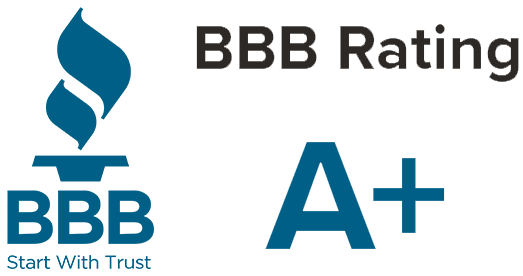Government Contractors: Are You Prepared to Win the Next Big Proposal?
Rose Report: Issue 46

By Ted Rose, CEO, Rose Financial Solutions
With the proposal season fast approaching, government contractors must not only handle the frenetic business of the year’s final selling period, but also prepare for the year ahead. To successfully compete, contractors should have a well-documented accounting system in place, build a basis for each incoming proposal, define selling points, budget costs, and set projected rates in order to be prepared. Each of these steps is critical but determining where to begin might be challenging depending on your company’s priorities. Here are some tips to help you prepare for the next big proposal.
To start, it is important to have a well-documented accounting system with adequate internal controls in place . Assuring that your company’s accounting system is Defense Contract Audit Agency (DCAA) compliant is a vital component of government contracting success. To avoid making a major mistake, it’s also critical to have proper internal controls incorporated into your accounting system. If you do not comply with the DCAA standards, you may not be qualified to win the future government contracts needed to grow your business. Is your business able to show that it has meticulously documented all transactions and adhered to its established policies and procedures? If not, now is the time to schedule a review of the adequacy of your accounting system.
Make sure you are analyzing and reconciling accounting records on a monthly basis. The DCAA requires contractors to divide their expenses into areas such as general and administrative costs, overhead expenses, and fringe benefits in order to compute the indirect rates they charge the government. You must have mechanisms in place to reconcile your balance sheet and income statement accounts, as well as check indirect cost pools periodically, to ensure that the budgeted indirect rates you offer the government at the beginning of the year remain in line with the actual costs of completing the work.
It is essential to forecast expected revenues and expenses for the coming year . As a result, your company will be able to set acceptable indirect rates for its products or services while also accounting for the growth and satisfaction of your clients and employees. Establishing a budget, estimating expenditures, setting preliminary rates, and setting revenue estimates are all procedures that can be aided by using financial records from the prior year. Analyzing prior fund inflows and outflows is essential for forecasting future income expectations. This data, coupled with current and expected contract figures, should give you a good idea of how much money your company should be charging and how much you expect to earn.
Make sure to keep forward pricing in mind. Government contractors rely on forward pricing—the practice of incorporating the projected costs a company will incur after the addition of a significant new project into their pricing model. This strategy helps you to forecast your indirect rates once you’ve won new contracts.
In the end, success in government contracting comes down to preparation. Next year’s proposal season should be off to a flying start with a DCAA-compliant accounting system in place, all statistics reviewed and accounted for, and projected rates calculated.
The government contracting financial compliance maze can be hard to navigate. That’s why government contractors turn to Rose Financial Solutions (RFS) for our proven track record of helping them grow profitably while minimize compliance related risks. At RFS we take a holistic approach to our GovCon clients’ finance and accounting needs with our Finance as a Service solution that provides the entire range of required offerings at a fraction of the cost of the alternatives.
From DCAA compliance to contract management to cost proposal support, we are focused on helping our clients succeed in their missions. Schedule an introductory virtual meeting today and get on the path to winning your next big proposal.
This content is for information purposes only and should not be considered legal, accounting or tax advice, or a substitute for obtaining such advice specific to your business.
Share this article:
Visit Us On:



